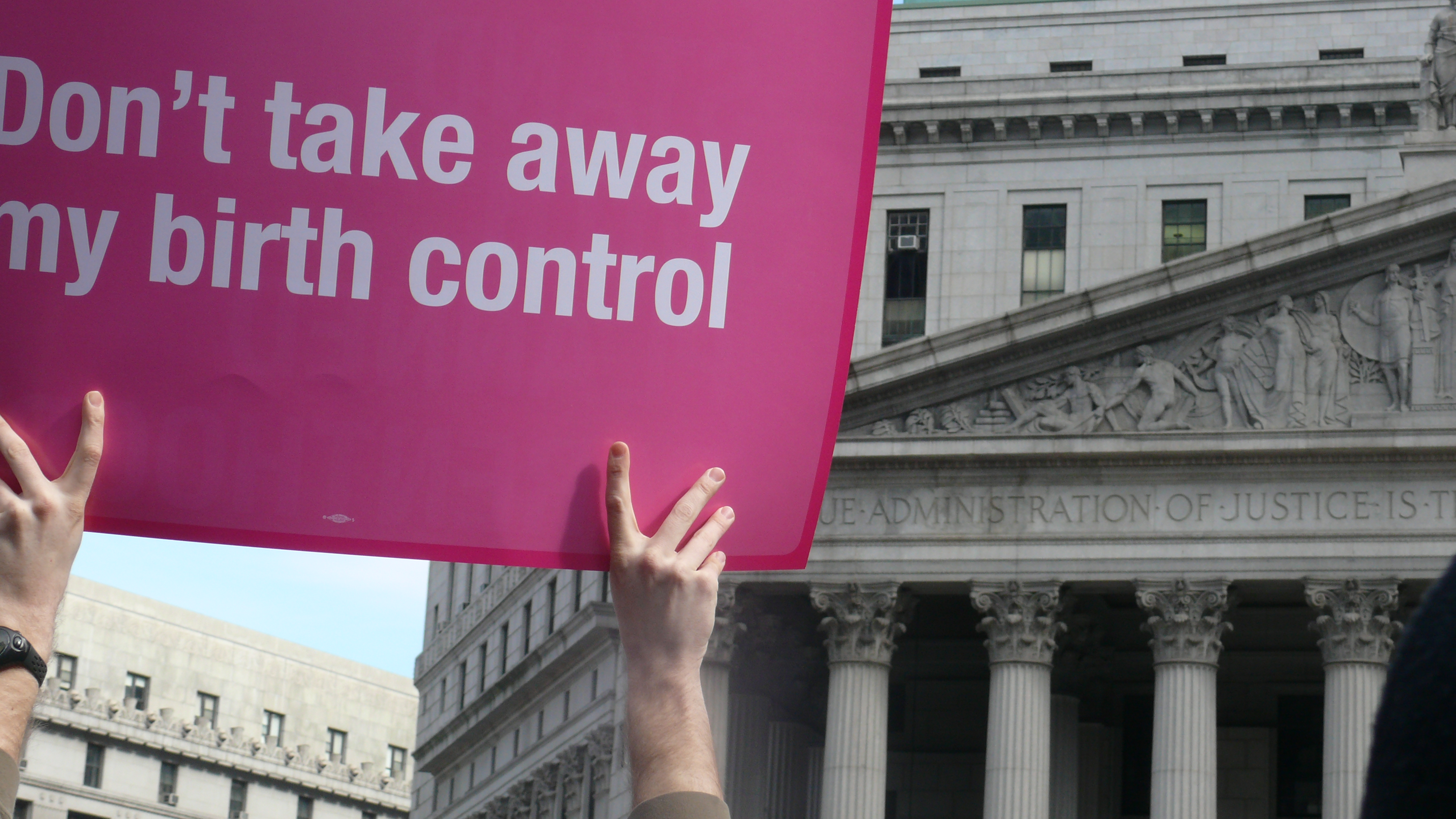What Birth Control Made Possible for Women
Studies have shown that access to birth control contributes greatly to women’s abilities to achieve their goals and live their lives on their own terms.
This has certainly been true for us: The power to decide if, when and under what circumstances to get pregnant and have a child allowed us to attend college, graduate school and medical school and pursue our career goals. Thanks to birth control, we were able to choose whether or not to have a family without sacrificing our professional aspirations—and now, we get to spend our days advancing the reproductive wellbeing of women across the world.
But we must not take for granted the game-changing impact that access to birth control has made in the lives of millions of women.
It is important to remember that we all stand on the shoulders of the women who came before us and who fought for our reproductive freedoms. But the progress they made is ongoing.
It wasn’t until 1972 that the Supreme Court made birth control legal for all women, regardless of age or marital status—and the results of that change have been remarkable. Studies show that the availability of birth control contributed to 30 percent of the wage gains made by women between the 1960s and the 1990s. Before 1972, no Fortune 500 company had a female CEO; today, more than 30 women hold that title in ranking organizations. Between 1970 and 2017, the proportion of women 25 and older with at least a high school diploma increased from 55 percent to 90 percent and the proportion with at least a bachelor’s degree increased from 8 percent to 35 percent.
The next generation also benefits from women getting pregnant only if they want, when they want and under what circumstances they want. Research suggests that the life trajectories of the next generation would improve in terms of educational attainment and long-term economic security if their mothers’ timing for childbearing matched their intentions.
In recent years, we have seen declines in unplanned pregnancy, but disparities persist. The unplanned pregnancy rate remains higher for African American and Latina women, and rates of unplanned pregnancy among low-income women are five times higher than their more affluent peers.
These disparities say nothing personal about these women. Unplanned pregnancy is a systematic failure—one that often intersects with other social determinants of health and adverse outcomes such as premature birth, maternal depression and other lifelong health and economic challenges. One of the key drivers of these disparities is that not all women in this country have access to the full range of contraceptive options and thus are not able to have full reign over their bodies and lives.
More than 19 million women in the U.S. live in contraceptive deserts—areas where they do not have reasonable access to the full range of contraceptive methods, and are therefore unable to fully determine if, when and under what circumstances to get pregnant and have a child. We need to do better to ensure that every woman has access to the full range of contraceptive options—no matter who she is or where she lives and regardless of her socioeconomic status.
Today, almost all women—99 percent!—have used birth control at some point in their lives, across all demographics and political and religious affiliations. And nearly 80 percent of women and men, regardless of political and religious affiliation, believe that birth control is a basic part of women’s healthcare.
It is important to remember that we all stand on the shoulders of the women who came before us and who fought for our reproductive freedoms. (Which is why movements like #ThxBirthControl matter!) But the progress they made is ongoing.
Access to birth control helped us live the life we wanted, pursue our dreams and realize our full potential. Now, it’s our turn to take the lead in standing up for what is right: full access to birth control for all.
This piece was originally published on Ms.
Jessica Grossman, MD, is the chief executive officer of Medicines360, a nonprofit global women’s health pharmaceutical company with a mission to expand access to quality medicines for all women regardless of their socioeconomic status, insurance coverage or geographic location.


